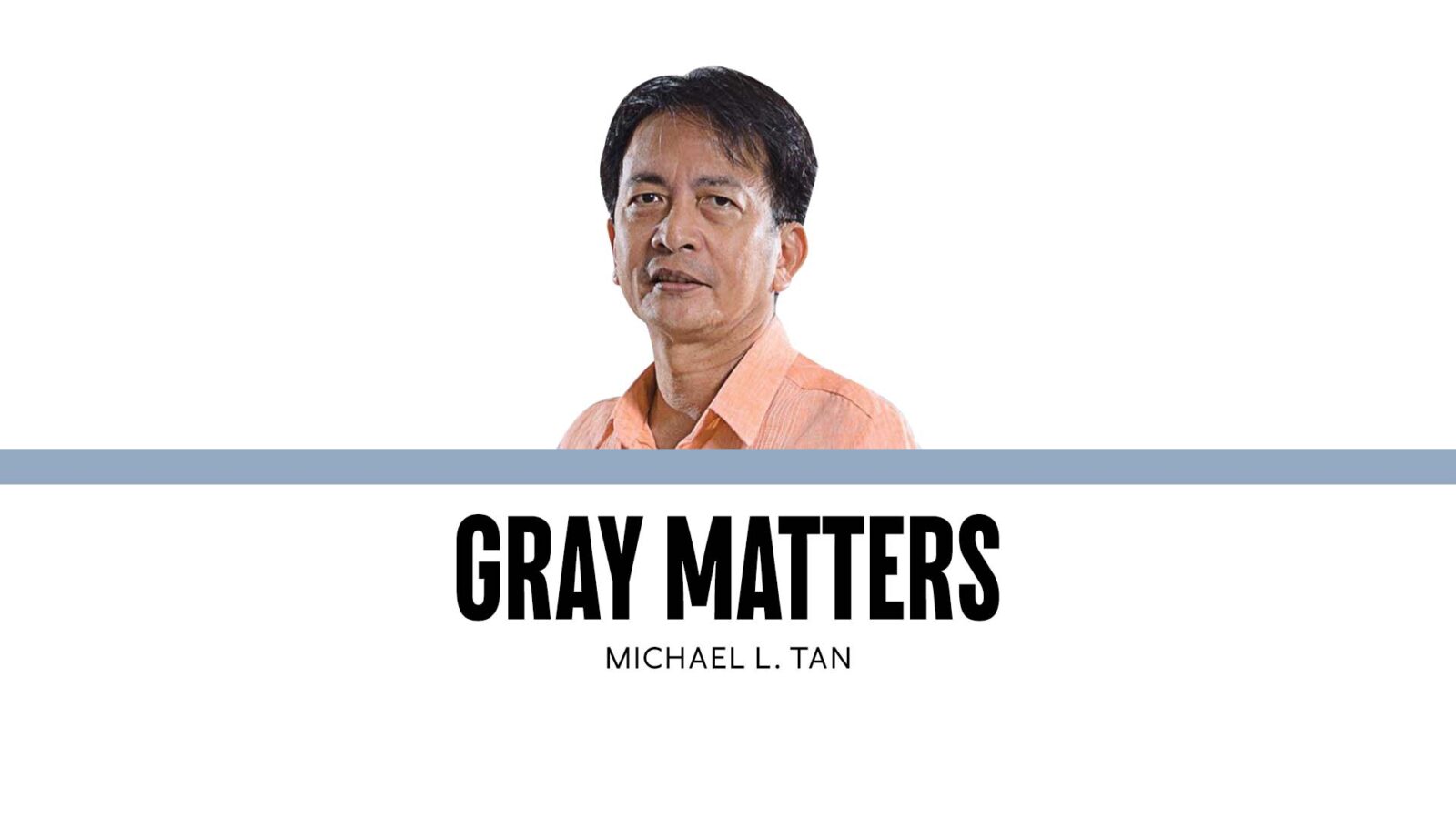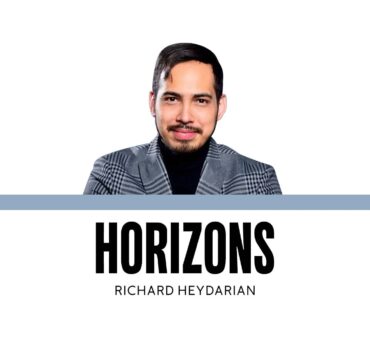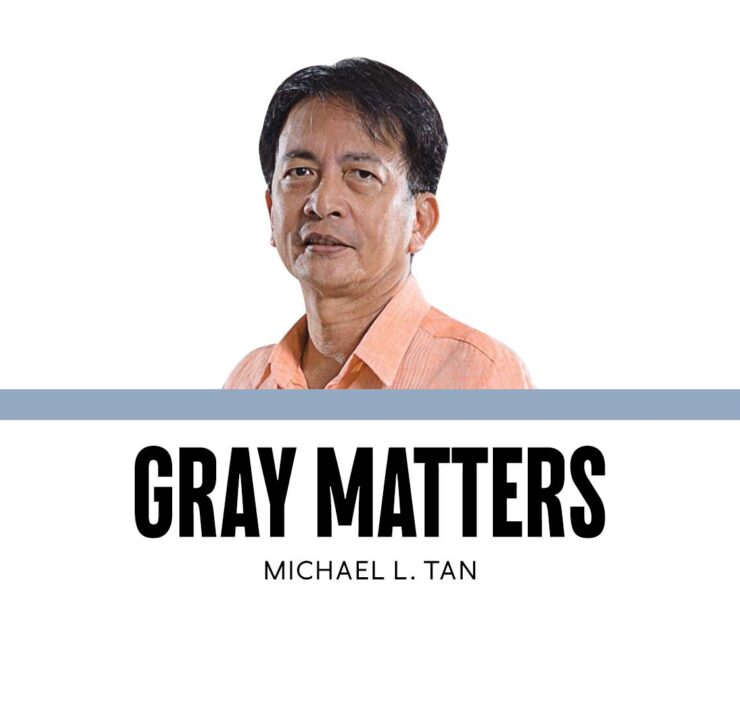Jane Goodall from beyond

Jane Goodall, the world’s most famous primatologist, died last Oct. 1 and has been eulogized as one of the world’s greatest scientists, especially for changing the way we look at ourselves, at animals, and at the environment.
It seems that Netflix had to rush a series called “Last Words,” consisting of interviews with famous people while they are still alive (obviously) and promising not to release the episodes until after they die. It seems, too, that they had to rush the production of an episode that would center on Goodall, which is the first one to have been released, just last Friday, two days after her death. The release was international, which meant this one about Goodall is also available now in the Philippines.
I strongly suggest “Last Words” to all of you and your friends. It is not all technical stuff concentrating on primates (apes, monkeys, and humans); in fact, it’s actually very anthropological because Goodall talks about how her work has given her so many insights (and, for us, wisdom) about what it means to be human. It ends up quite philosophical and emotional.
The Netflix episode is actually a dialogue between Goodall and the producer Ben Falchuk, a take-off from a Danish TV series recording last words from the living, to be shown posthumously. Clever idea, literally allowing the dead to speak to us from beyond for an hour.
That’s something for Goodall, who died aged 91, a life well lived. She’s best known for her work with apes, especially chimpanzees, particularly in the Gombe forest in Tanzania. Chimpanzees are humans’ closest relatives, with us sharing 98.8 percent of our DNA with these cousins.
Goodall, who was British, grew up always interested in and loving animals and dreamed of going to Africa to work. She did find a job as a secretary to Richard Leakey, one of the early paleontologists who studied human evolution. She faced many odds pursuing her interests, including British colonial authorities refusing to give her permission to work in the Gombe because they felt it was too dangerous for women. Plus, she didn’t actually have a university degree yet for the work she intended to do. She finally got permission when her mother volunteered to go with her.
Goodall quickly became known for the way she observed apes, the Gombe, and humans; in other words, she set the example for pursuing science. She is best known for discovering, through a chimpanzee she had named David Greybeard, that it is not just humans who can make tools. Greybeard was fishing termites out of a river using a twig.
Goodall was to make many more discoveries about apes, including their social relationships, their forms of communication, and most importantly, their feelings and emotions.
In the Netflix documentary, Goodall talks about Flint, a male chimpanzee coming to terms with the death of his mother, Flo, including how he finally came to accept that she had died, which had him “fasting” for a while.
Goodall’s use of human names for the apes was considered revolutionary; other scientists used numbers to identify the animals. By using human names, she rightly placed them closer to humanity and helped her in her advocacy not just to protect animals but also to give them due recognition as having intelligence, too.
In the Netflix interview, she also talked about humans whom she didn’t quite like, almost suggesting they had much to learn from apes. She said there were some people she would love to see put into a spaceship together with Elon Musk and sent off into space: Trump, China’s Xi, Russia’s Putin, and Israel’s Netanyahu. She believes aggression is innate in apes and humans, but that one could still “cure ignorance” in humans.
Asked who she hoped to see in the next life, she mentioned her chimp friends and her childhood pet dog. Husbands (she had two)? “They wouldn’t matter so much,” but she acknowledged that with husbands, it is a “different kind of love.”
The scientist in Goodall alternates with a “magic” (her interviewer’s term) to be able to reach people’s hearts. I don’t want my column to be a spoiler—there is a story she shares about how a CEO in Singapore found his heart melted by an eight-year-old daughter, to be kinder to the planet.
Look up the articles about Goodall and her work, and watch the Netflix feature to understand how, as the New Scientist magazine puts it, it took a woman to redefine man (in its most inclusive definition).
michael.tan@inquirer.net

















The gospel according to the tarpaulin